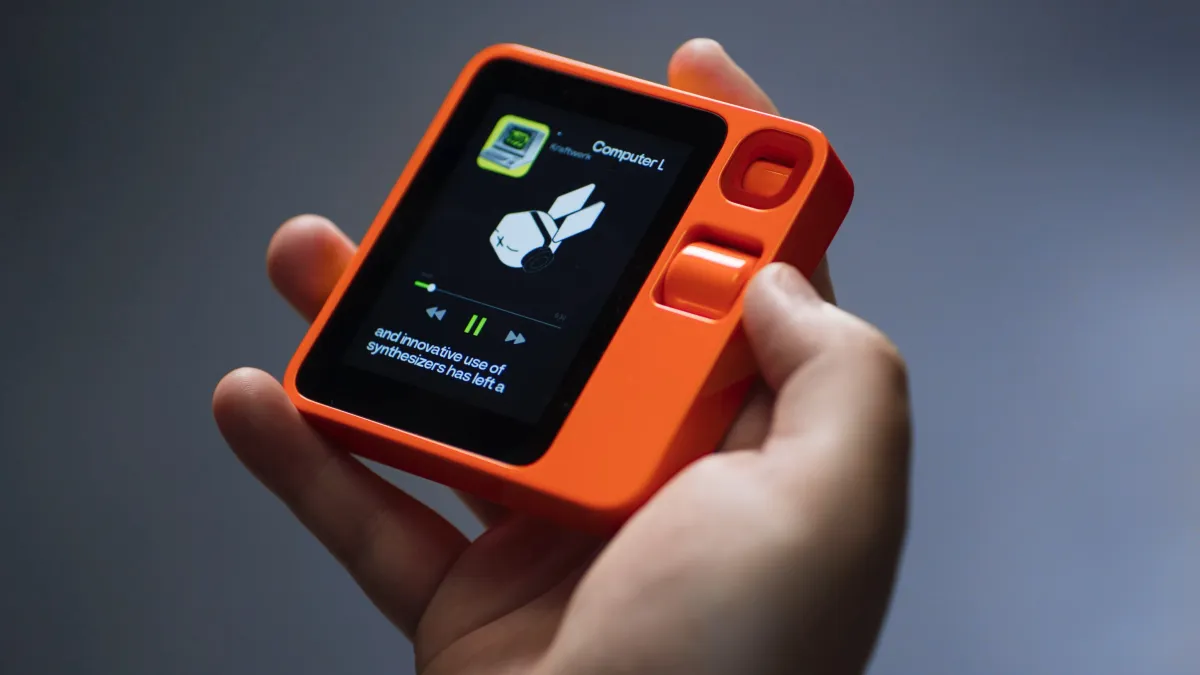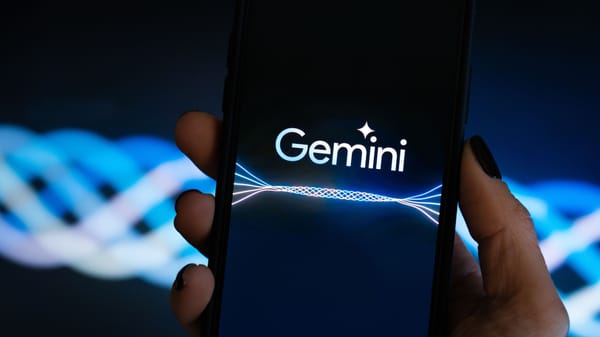Rabbit Revamps R1 With RabbitOS 2 Update, Adds New Features and UI Refresh
The updated UI introduces gesture-based navigation, a Quick Settings panel for controlling brightness, volume, and camera or text inputs.

Rabbit.inc is giving its AI-powered R1 device a fresh start with the launch of RabbitOS 2, a free software update rolling out today. The upgrade, which powers the handheld AI gadget first introduced in 2024, brings a redesigned interface, improved functionality, and new tools aimed at making the device easier to use and more versatile.
"This is not just a software update. It is a total reinvention of the OS. We took everything we learned from launch, all the feedback you gave us, and built something completely new," the company said.
In an eight-minute announcement video posted on the company’s X (formerly Twitter) account, Rabbit highlighted the R1’s new look.
the old r1 is dead. introducing a totally new experience with rabbitOS 2 + creations.
— rabbit inc. (@rabbit_hmi) September 8, 2025
we realized there was a gap between our early vision and the actual experience we delivered. so we overhauled everything.
0:00 flashback
0:14 facing the facts
2:18 the revamp: rabbitOS 2… pic.twitter.com/xOtyJ6Uilb
The updated UI introduces gesture-based navigation, a Quick Settings panel for controlling brightness, volume, and camera or text inputs, and a more detailed conversation view with options to mute the microphone or expand the keyboard.
RabbitOS 2 also introduces a “Card Stack” system, acting like an app drawer with quick access to features such as Magic Gallery, recordings, and Rabbit Intern. Translation now includes full conversation transcripts synced to Rabbit Hole, the device’s activity hub.
For creators, R1 Creations offers a space to build and share AI-powered apps and games, while Rabbit Intern can generate tools from simple prompts.
Rabbit Inc. launched the Rabbit R1, a pocket-sized AI companion priced at $199, in January 2024. Despite consumer excitement and selling out its initial 10,000 units in a day, the device was widely criticized as underwhelming and half-baked. Reviewers noted that it struggled with basic tasks, lacked essential features, and felt redundant next to smartphones.
At the CES 2024 reveal, Rabbit personified the R1 as a super-smart assistant—but early users reported bugs, poor performance, and unreliable integrations like Uber or weather. The R1 quickly became one of the most notable tech misfires of 2024, cited among other high-profile hardware disappointments




